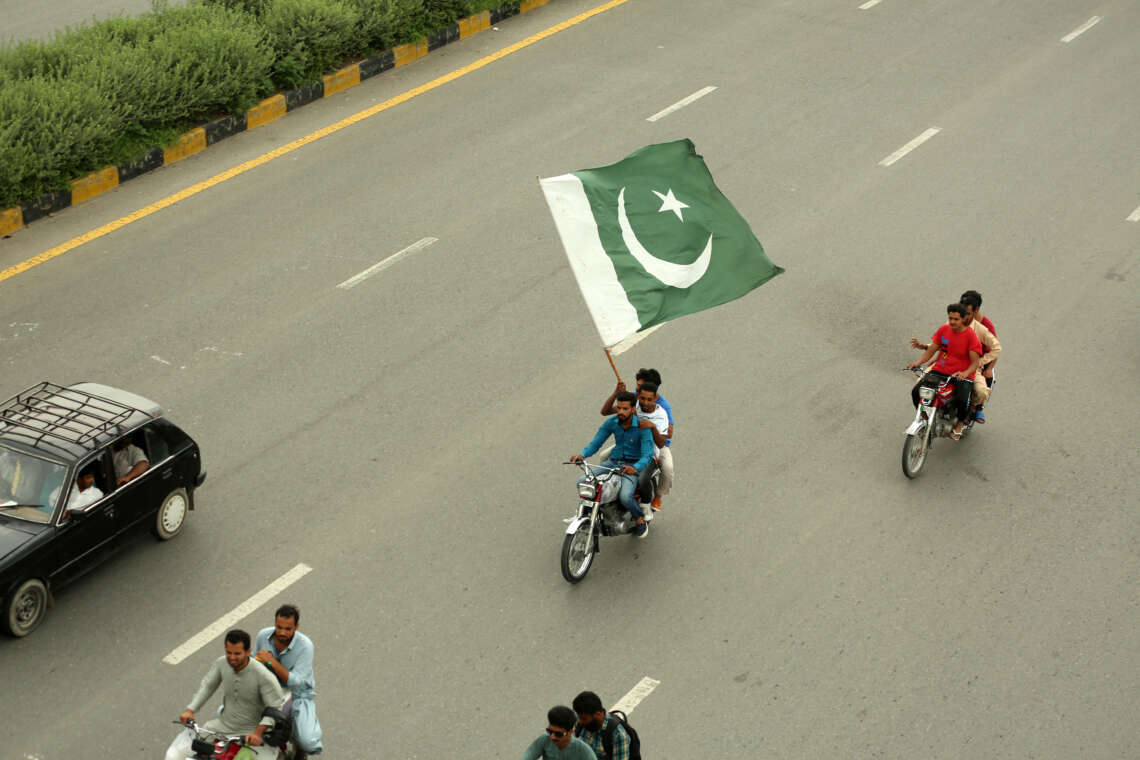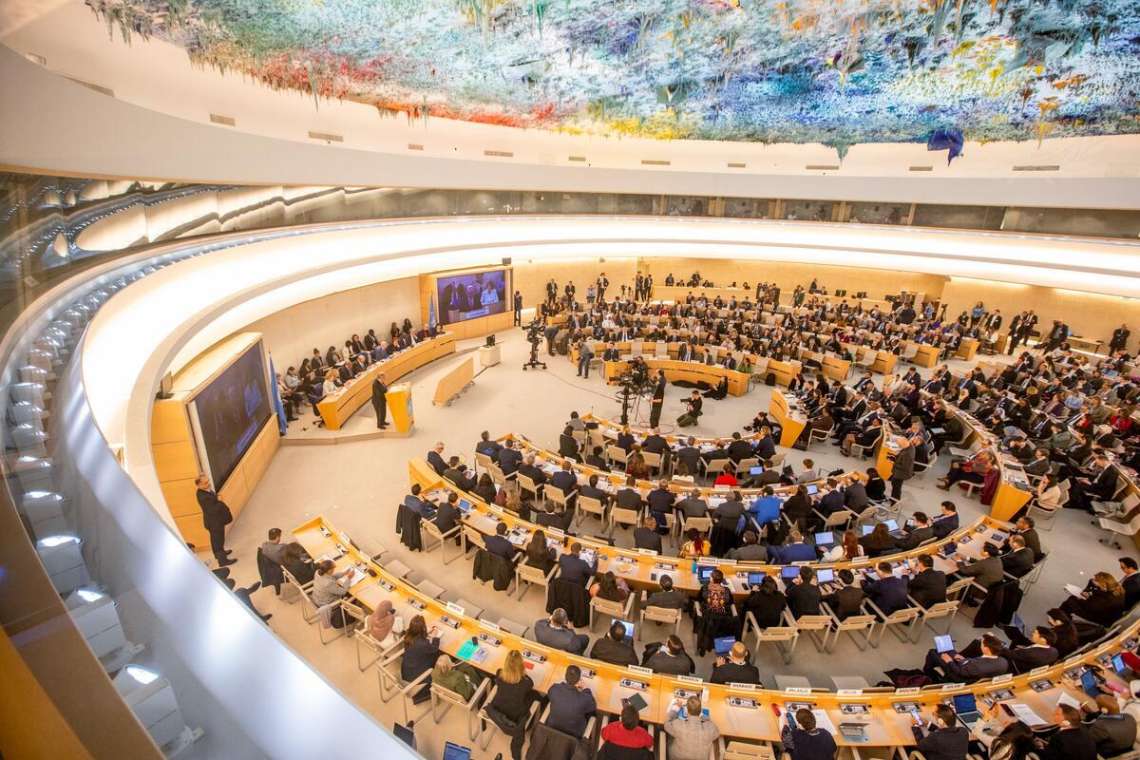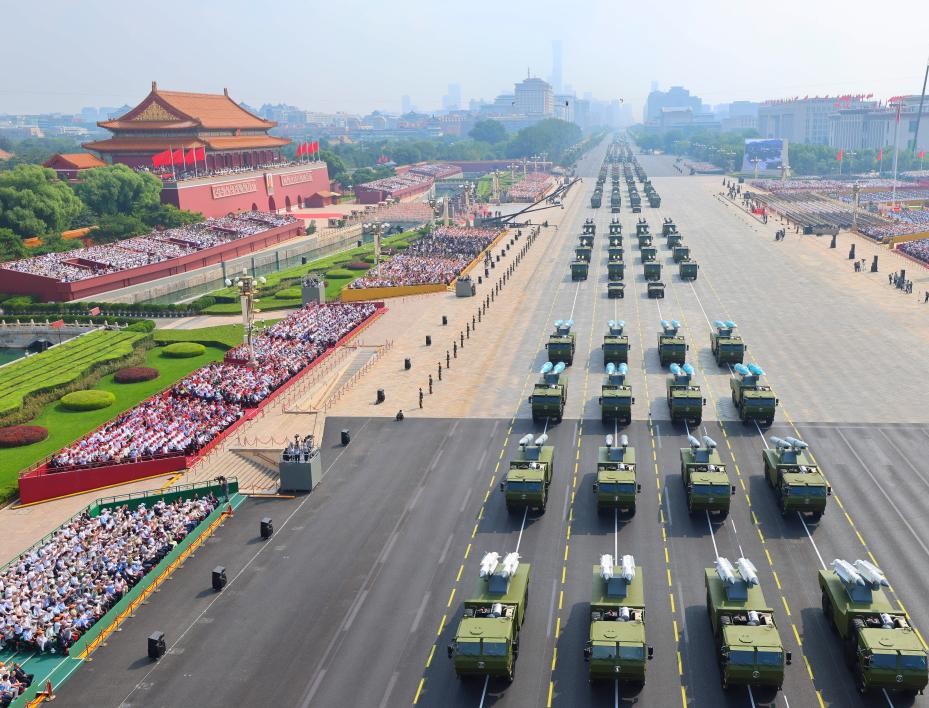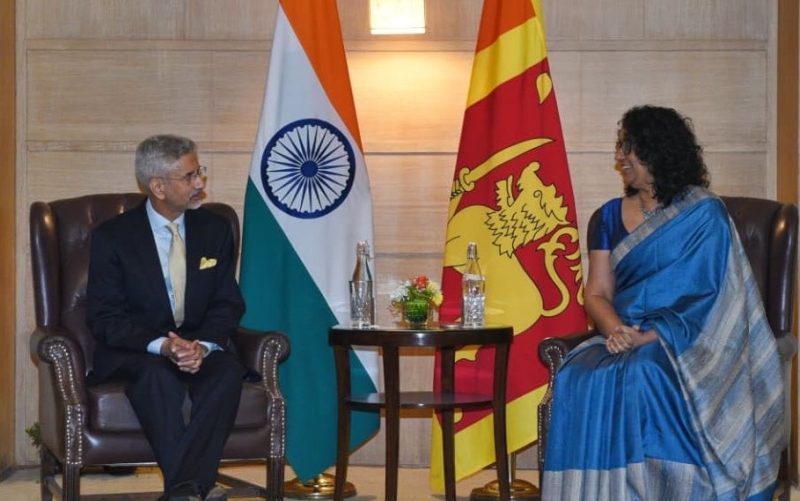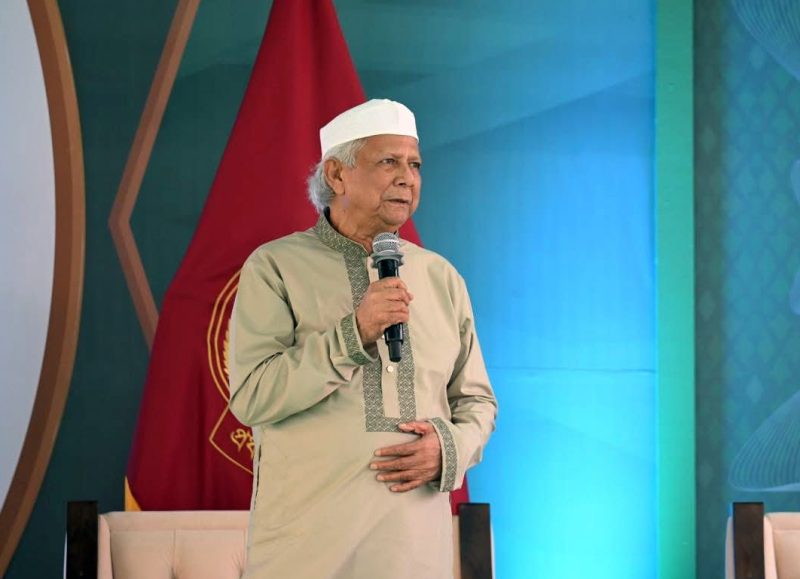Pakistan and Afghanistan’s Taliban administration announce a 48-hour ceasefire after deadly border clashes, offering a fragile pause amid rising hostilities and collapsing diplomatic ties….reports Asian Lite News
Pakistan and Afghanistan’s Taliban administration have agreed to a 48-hour ceasefire following days of intense cross-border hostilities that left dozens dead and wounded, marking the most serious escalation between the neighbours in months.
The temporary truce, effective from 5:30 p.m. (Kabul time) on Wednesday, was confirmed by both sides after Islamabad reportedly requested a pause in fighting. The Taliban’s chief spokesperson, Zabihullah Mujahid, said the ceasefire was being implemented “at the request and insistence of the Pakistani side” and that Afghan forces had been instructed to observe the halt “as long as no one violates it.”
Pakistan’s Foreign Office echoed the announcement, confirming that “a temporary ceasefire has been decided between the Pakistani government and the Afghan Taliban regime, with mutual consent, for the next 48 hours from 6 p.m. today.” In a statement quoted by Dawn, the ministry said the truce aimed to “find a positive solution to this complex but solvable issue through constructive dialogue.”
The ceasefire follows days of fierce exchanges across the border, particularly in Afghanistan’s Kandahar province, where both sides have traded accusations of aggression. Taliban officials claim Pakistan launched early morning attacks on Wednesday using both light and heavy weapons in the Spin Boldak district, killing at least 12 Afghan civilians and injuring over 100.
According to Afghan media outlet Khaama Press, Taliban forces retaliated, killing “multiple Pakistani soldiers,” seizing weapons and tanks, and destroying Pakistani military posts. Mujahid wrote on X that “the mujahideen, with high spirits, are ready to defend their homeland, sanctuaries, and people,” while warning that any renewed Pakistani aggression would be met with “full resistance.”
Medical staff in Kandahar told local media that hospitals had received at least 25 bodies and over 80 wounded, including women and children from civilian areas near the border. The clashes reportedly began around 4 a.m. and lasted four hours, causing extensive damage to homes and public infrastructure.
On the Pakistani side, military officials painted a starkly different picture. The Inter-Services Public Relations (ISPR), the Pakistan Army’s media wing, said Afghan Taliban fighters had “resorted to cowardly attacks” at four locations in the Spin Boldak area, which were “effectively repulsed.” Pakistani forces, it added, killed between 15 and 20 Taliban combatants.
State broadcaster PTV News, citing security sources, claimed that Pakistan carried out “precision strikes” on Taliban positions in Kandahar and even in the Afghan capital, Kabul. “Key hideouts of Afghan Taliban successfully targeted by Pakistan Army,” PTV reported, saying Taliban Battalion Numbers 4 and 6 and Border Brigades 5 and 8 had been “completely destroyed,” killing “dozens of foreign and Afghan operatives.”
Islamabad insisted the strikes were retaliatory actions against “Afghan Taliban aggression.” Security sources told Dawn that the selected targets were “isolated from civilian populations and successfully destroyed.”
The two countries have seen at least three major border confrontations over the past week, including clashes in Pakistan’s Kurram district and along the Chaman-Spin Boldak crossing — a key trade route. Pakistan’s military acknowledged that 23 of its troops had been killed and 29 injured in earlier exchanges, claiming its counteroffensives “neutralised more than 200 Taliban and affiliated terrorists.”
The Taliban administration in Kabul, however, accused Pakistan of violating Afghan sovereignty through unprovoked airstrikes, saying the assaults killed civilians and destroyed homes. It maintains that the attacks were “retaliatory” responses to Pakistani operations across the border the previous week.
The violence has deepened a longstanding rift between Islamabad and Kabul, rooted in mutual distrust and disputes over cross-border militancy. Pakistan has repeatedly accused Afghanistan’s Taliban government of harbouring Tehreek-e-Taliban Pakistan (TTP) fighters who stage attacks inside Pakistan — an allegation the Taliban denies, asserting that “Afghan soil is not used for targeting neighbouring countries.”
Relations have deteriorated sharply since Pakistan began mass deportations of undocumented Afghan refugees earlier this year, prompting angry responses from Kabul. Attempts at diplomatic engagement have faltered: according to Afghan media, Kabul recently denied visa requests from Pakistan’s Defence Minister Khawaja Asif, intelligence chief Asim Malik, and two senior army generals seeking to visit Afghanistan.
Speaking to Geo News earlier this week, Khawaja Asif admitted that bilateral ties were in free fall. “It’s a stalemate right now. You can say there are no active hostilities, but the environment is hostile. There are no ties, direct or indirect, as of today,” he said, warning that clashes “could erupt at any time.”
The 48-hour ceasefire, while fragile, offers a brief respite after a week of violence that underscored the volatility of the Pakistan-Afghanistan frontier. Both sides have pledged to use the window to pursue dialogue, but given the deep mistrust and competing narratives, a lasting peace remains uncertain.





